Home>Ideas and Tips>Understanding Your Home’s Electrical System: Safety Tips
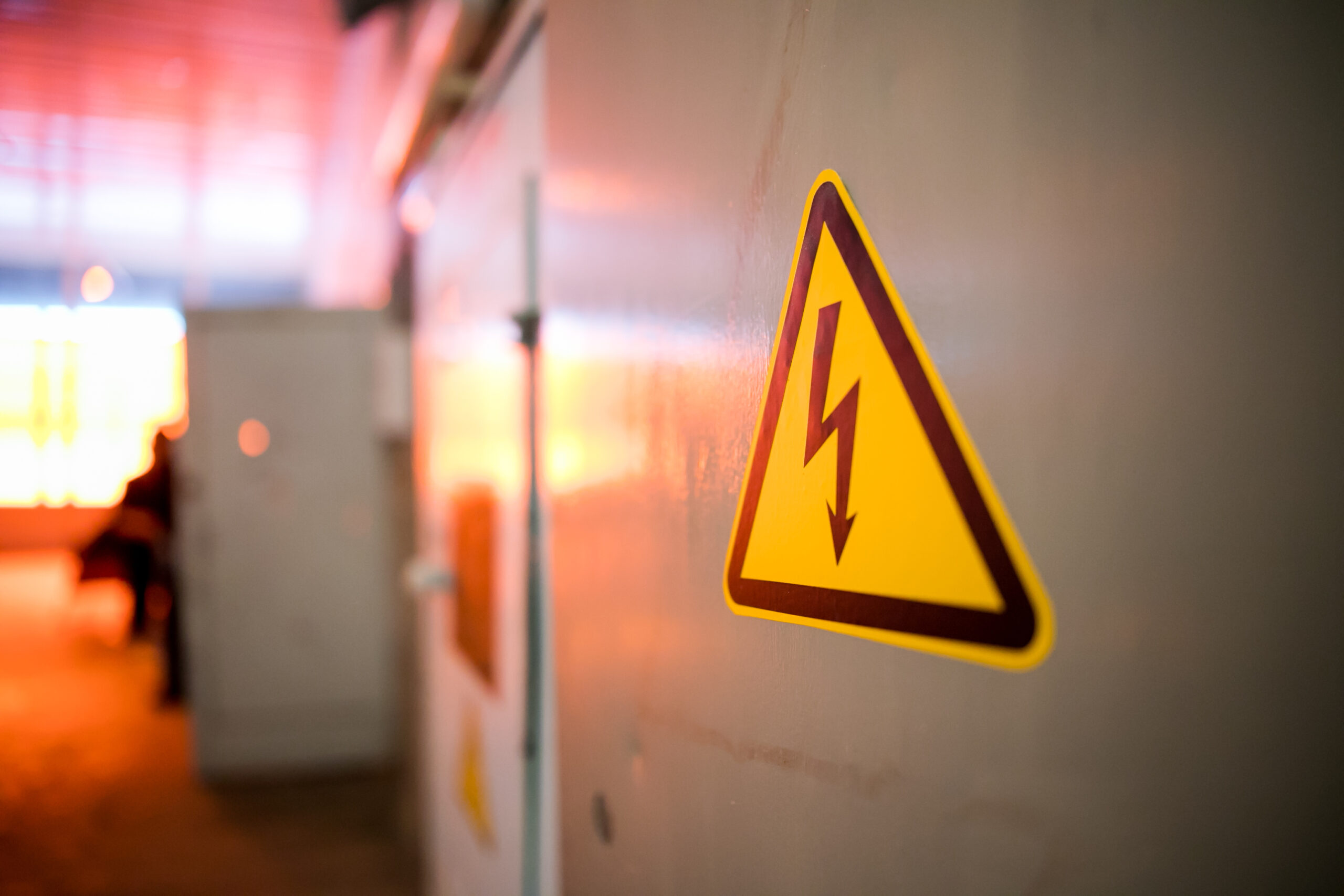

Ideas and Tips
Understanding Your Home’s Electrical System: Safety Tips
Modified: October 31, 2024
Learn essential safety tips for your home's electrical system. Prevent hazards, understand circuits, and ensure a safe living environment.
(Many of the links in this article redirect to a specific reviewed product. Your purchase of these products through affiliate links helps to generate commission for Storables.com, at no extra cost. Learn more)
As homeowners, we often take our electrical systems for granted until something goes wrong. Electrical safety is a critical aspect of maintaining a safe and functional home. In this article, we will delve into the basics of your home's electrical system, highlight common safety risks, and provide practical tips to ensure your home remains safe and efficient.
Your home's electrical system is a complex network of wires, outlets, switches, and circuit breakers that work together to power everything from lights and appliances to heating and cooling systems. Understanding how this system works is essential for maintaining its safety and efficiency.
Electricity Entry Point
Electricity enters your home through a service head from a series of outdoor power lines or an underground connection. A typical service head consists of two 120-volt wires and one neutral wire that deliver power to lights and appliances around the home.
Service Panel
The electrical service panel, often referred to as the breaker box, is the central distribution point for delivering electricity to switches, outlets, and appliances throughout the house. Located near the electric meter, the service panel is equipped with breakers or fuses that shut off power to the circuits if an electrical system failure occurs.
Circuits and Breakers
Each room in your house is likely on a separate circuit, represented by the breakers in your service panel. These breakers are crucial for preventing electrical overloads. If too much electricity flows through a circuit, the breaker will trip, cutting off power to prevent damage or a fire.
Grounding
Grounding is the method used to connect an electrical system to the earth with a wire. Grounding adds critical protection against electric shock and electrocution by using a grounding rod to provide a third path for conducting electricity in the event of a short circuit or an overload.
While electrical systems are designed to be safe, there are several common risks that homeowners should be aware of:
Overloading Outlets
One of the most common—and dangerous—mistakes is overloading electrical outlets. Many people tend to plug too many appliances and electrical cords into a single electrical outlet, especially those that use high amounts of electricity like heaters and kitchen appliances. This practice can overheat your system, causing it to fail and potentially starting a fire.
Using Extension Cords Sparingly
Extension cords are only designed for temporary use and are a major fire risk when used long-term or improperly. Avoid running extension cords within walls or underneath rugs and carpets, as this can cause the wires to overheat. Also, take care around water, as extension cords can easily turn wet floors into electrified puddles.
Damaged Electrical Cords
Damaged electrical cords pose a significant risk of electrical fires. Regularly inspect your cords for fraying or exposed wiring. Replace any damaged cords immediately to prevent potential hazards.
Electrical Fires
Electrical fires are a significant risk in homes. The National Fire Protection Association notes that faulty or damaged wiring and related electrical equipment cause 69 percent of electrical fires, followed by lamps, light fixtures, cords, plugs, transformers, and other power supplies. Regular inspections and proper maintenance can help identify and address these issues before they become major problems.
Water and Electricity
Wet environments and electricity are a hazardous combination. Never use any electrical, electronic devices, or appliances around water or in damp conditions unless they are specially designed for that purpose. This includes avoiding the use of electrical appliances in bathrooms or kitchens during wet conditions.
To ensure your home remains safe and efficient, follow these practical electrical safety tips:
Regular Inspections
Best practices dictate that homeowners conduct regular electrical inspections. This ensures your system is functioning well and helps you spot any potential issues before they become major problems. Partner with a reputable electrician who can provide detailed reports and professional guidance.
Understanding Circuit Breakers and Fuses
Understanding how circuit breakers and fuses work is crucial for maintaining electrical safety. Circuit breakers trip when they detect an overload or short circuit, while fuses melt and break when they detect excessive current flow. Both devices are essential for preventing electrical overloads and fires.
Safe Use of Electrical Outlets
Ensure every outlet is free of many power boards or appliances. Use heavy-duty extension cords and leads during power outages or, better yet, have a professional electrician install more outlets. Avoid overloading outlets by spreading the load between multiple outlets, ideally on different circuits.
Importance of Grounding Electrical Systems
Grounding your electrical system is critical for protecting against electric shock and electrocution. Regularly check your grounding system to ensure it is functioning correctly. If you notice any issues with your grounding system, consult a licensed electrician immediately.
Proper Maintenance
Regular maintenance of your electric service is just as important as any upgrades. Simple practices such as checking for loose outlets, ensuring there’s no fraying or exposed wiring, and testing your smoke detectors can go a long way in preventing electrical hazards. It's also wise to have a professional electrician conduct periodic inspections of your home's electrical system, especially if you live in an older house.
Installing Smoke Detectors
Electrical fires often smolder before breaking out into open flame. The U.S. Fire Administration reports that most electrical fires occur between midnight and 6:00 a.m. Installing smoke alarms helps alert you to the dangers of electrical fires.
Running a Generator Safely
A generator can keep the lights on during a blackout—but only if it’s been properly installed by a licensed electrician. Even then, you should learn about the different types of generators and what their various safety features are. Always follow the manufacturer's instructions for running a generator safely.
Preparing for Severe Weather
If you live in an area prone to extreme weather, it’s important to know how to protect yourself and your electrical equipment from floods, hurricanes, and severe winter weather. Taking hurricane safety seriously can limit the damage to your home and electronics.
Avoiding Electrical Hazards Around Children
Electrical safety for kids goes beyond teaching them safe practices. Place dangerous appliances out of reach of small children until they’re old enough to operate them properly and understand electrical safety at home. Store toasters, blenders, and electric kettles on high shelves or in locked cupboards—anywhere children cannot access them.
Following Appliance Instructions
Appliances all have their own specific usage instructions, and it is crucial to follow these instructions to stay safe. For the most part, home appliances are pretty easy—but take particular care with appliances that create heat. Their heating elements draw lots of power, pose an electrocution risk around water, and can be a fire hazard when used incorrectly.
Checking New Appliances
When purchasing new appliances, look for Nationally Recognized Testing Laboratories (NRTL) listings. NRTLs such as Underwriters Laboratories (UL), Edison Testing Laboratories (ETL), and Canadian Standards Association (CSA) test appliances to ensure they comply with OSHA’s electrical safety rules.
Maintaining electrical safety in our homes is a critical necessity in the myriad of responsibilities that come with homeownership. Mismanagement of electrical systems can lead to hazardous electrical accidents, such as electrical emergencies like shocks, fires, or worse. By understanding your home's electrical system and following these practical safety tips, you can significantly lower your risk of accidents and keep you and your family safe.
Remember, when in doubt, always turn to a professional who can help clear up any uncertainties. Regular inspections, proper maintenance, and adherence to safety guidelines are key components in ensuring that your home remains a safe and sound electrifying abode.
By embracing these electrical safety tips and practices, you'll be well on your way to creating a home environment that is both secure and functional. Whether it's avoiding overloading outlets or ensuring proper grounding, every step you take towards electrical safety contributes to a safer living space for you and your loved ones.
Was this page helpful?
At Storables.com, we guarantee accurate and reliable information. Our content, validated by Expert Board Contributors, is crafted following stringent Editorial Policies. We're committed to providing you with well-researched, expert-backed insights for all your informational needs.
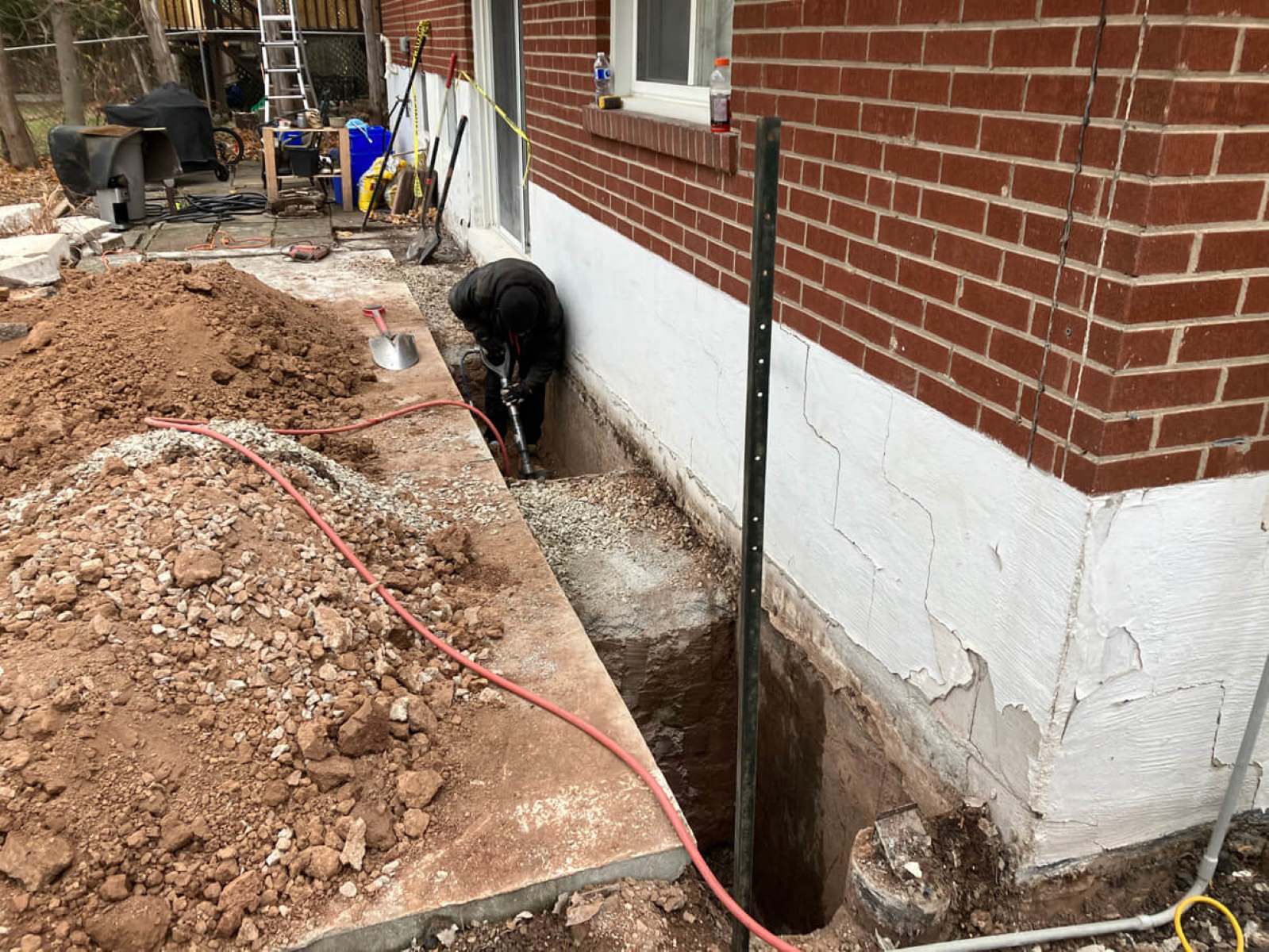
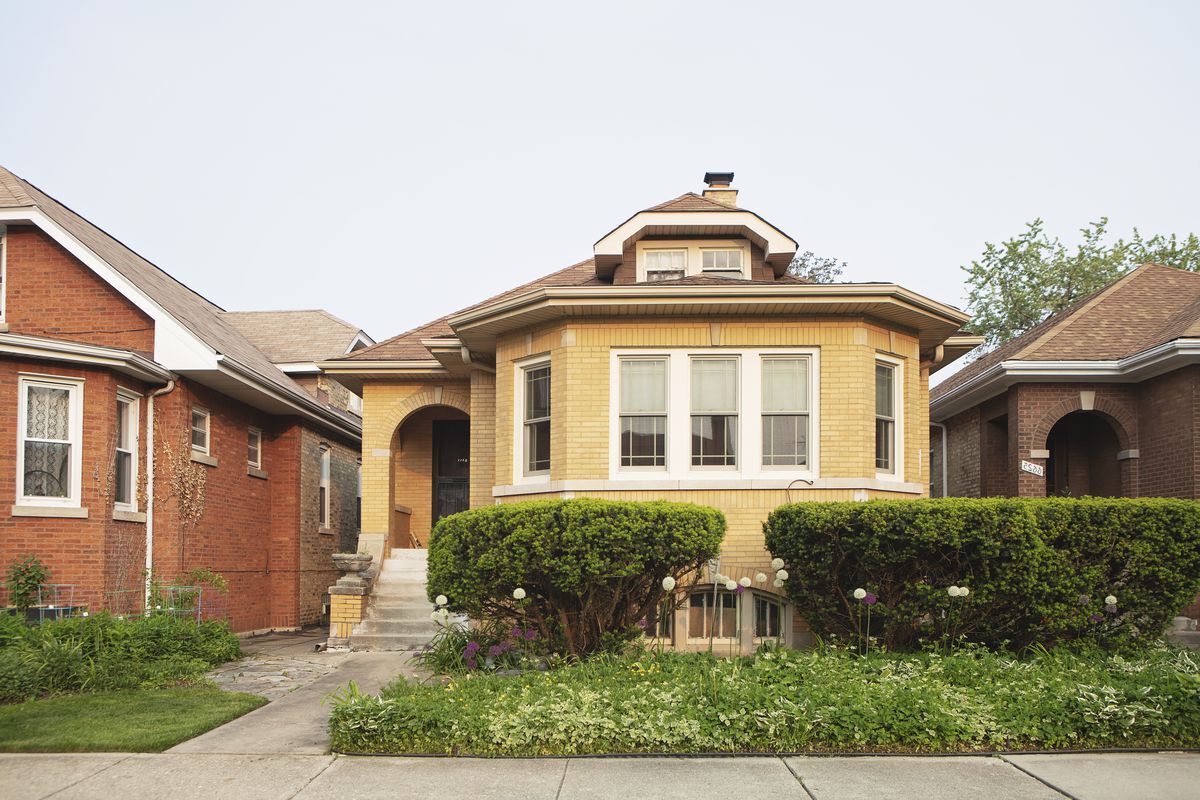

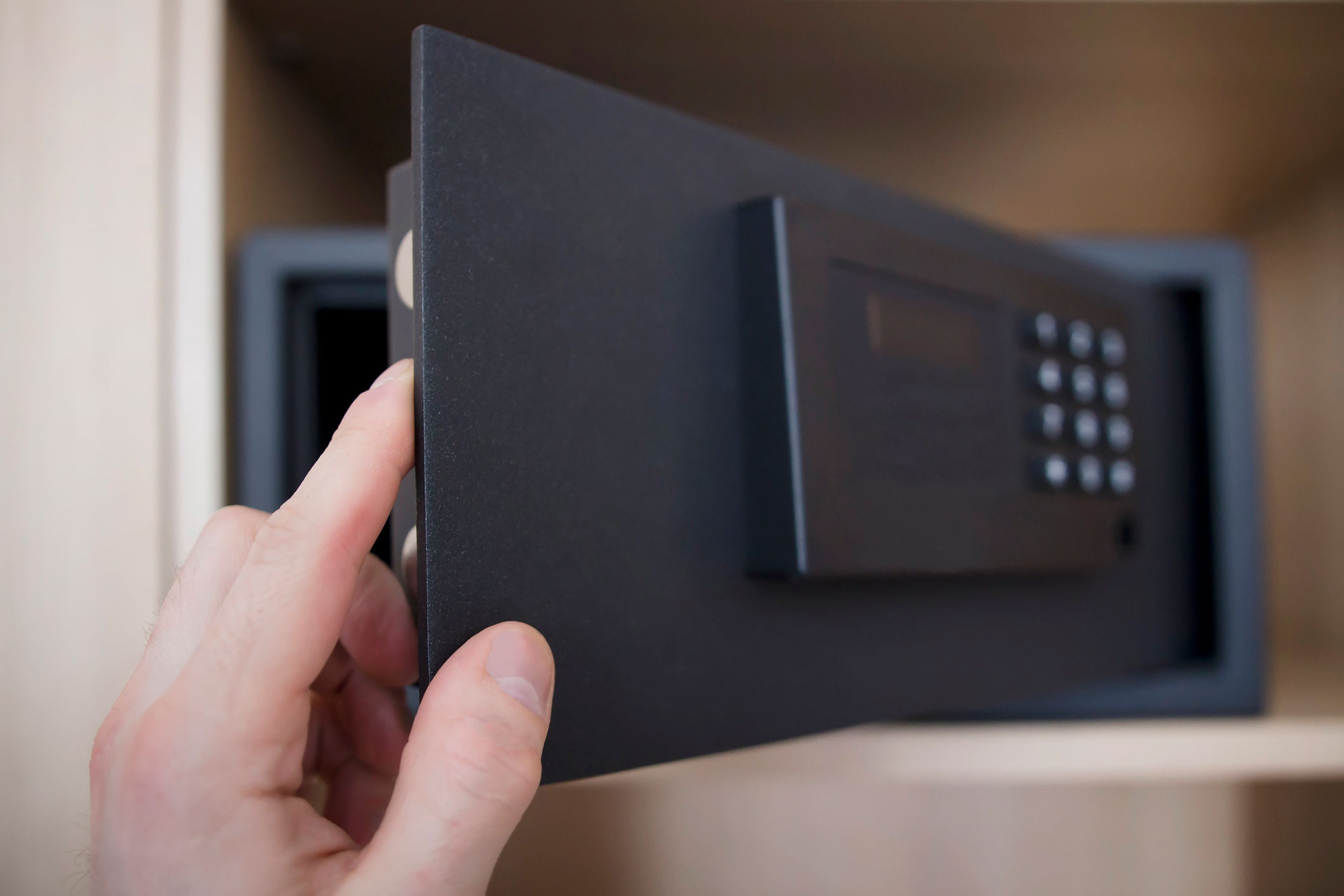
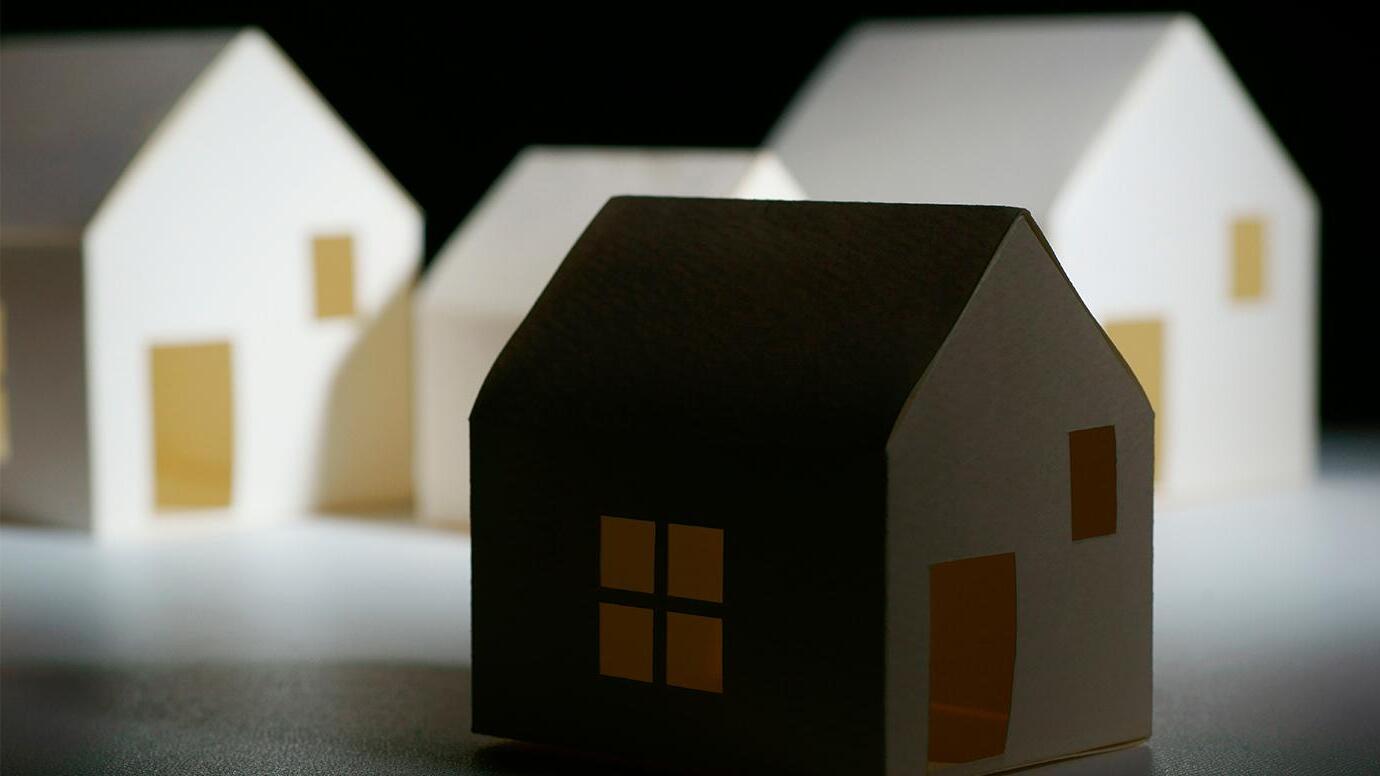
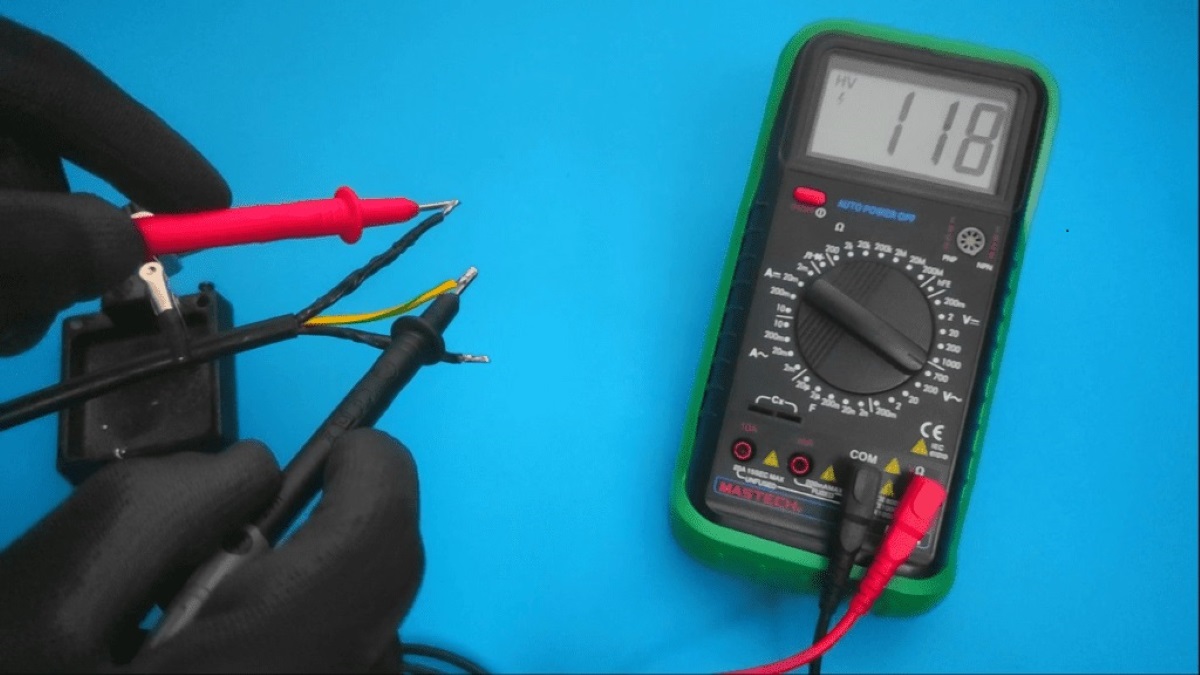

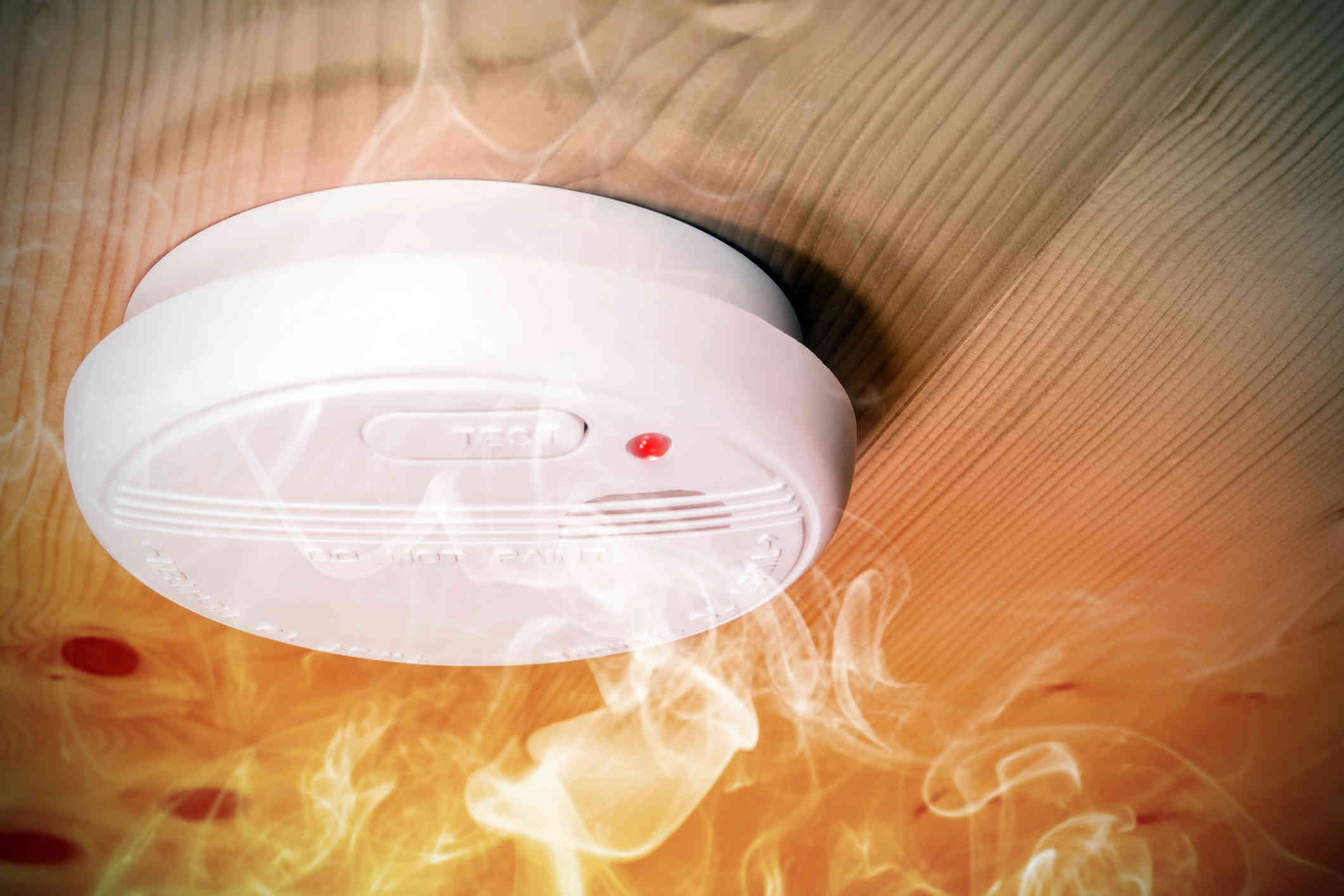
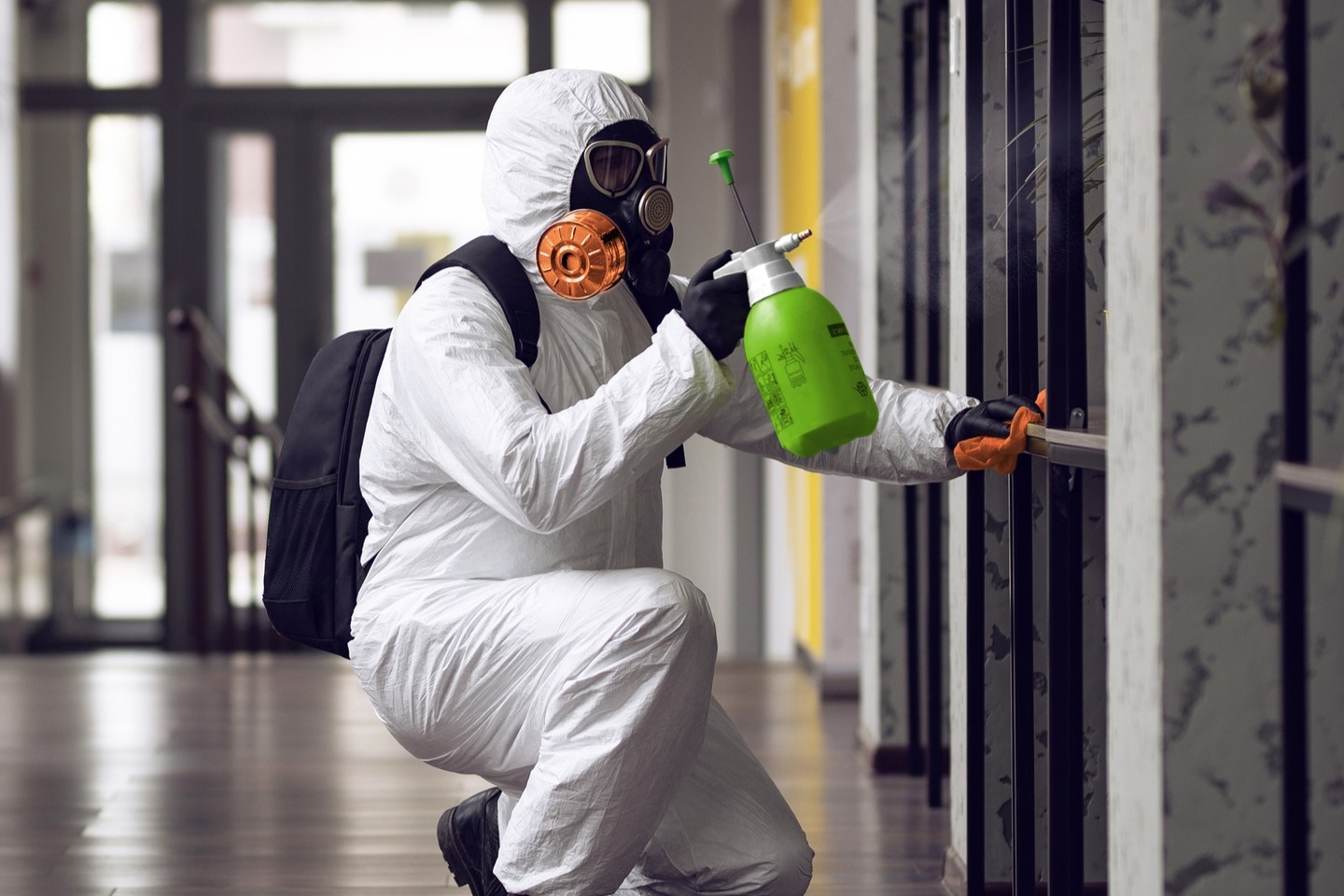
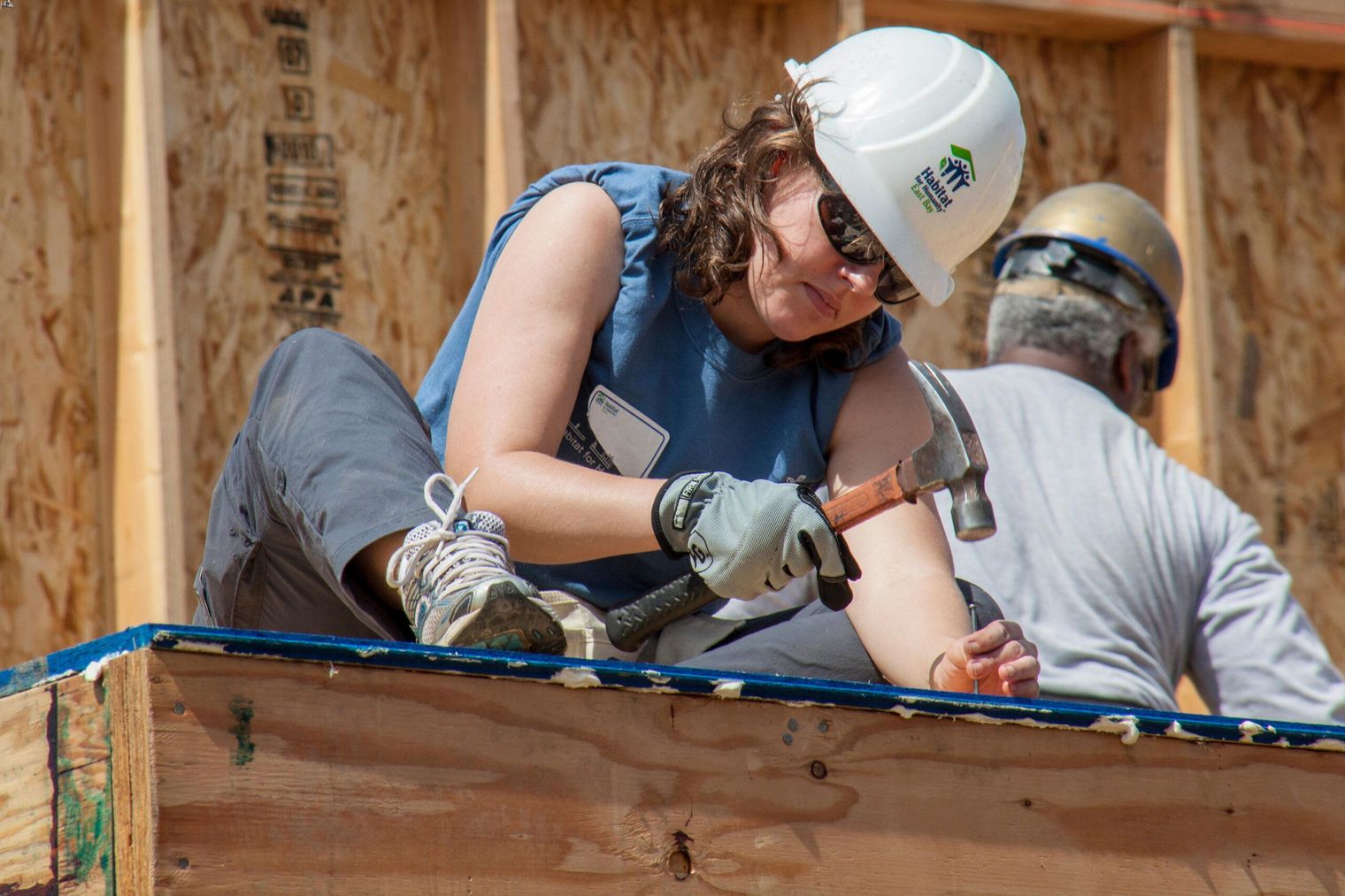
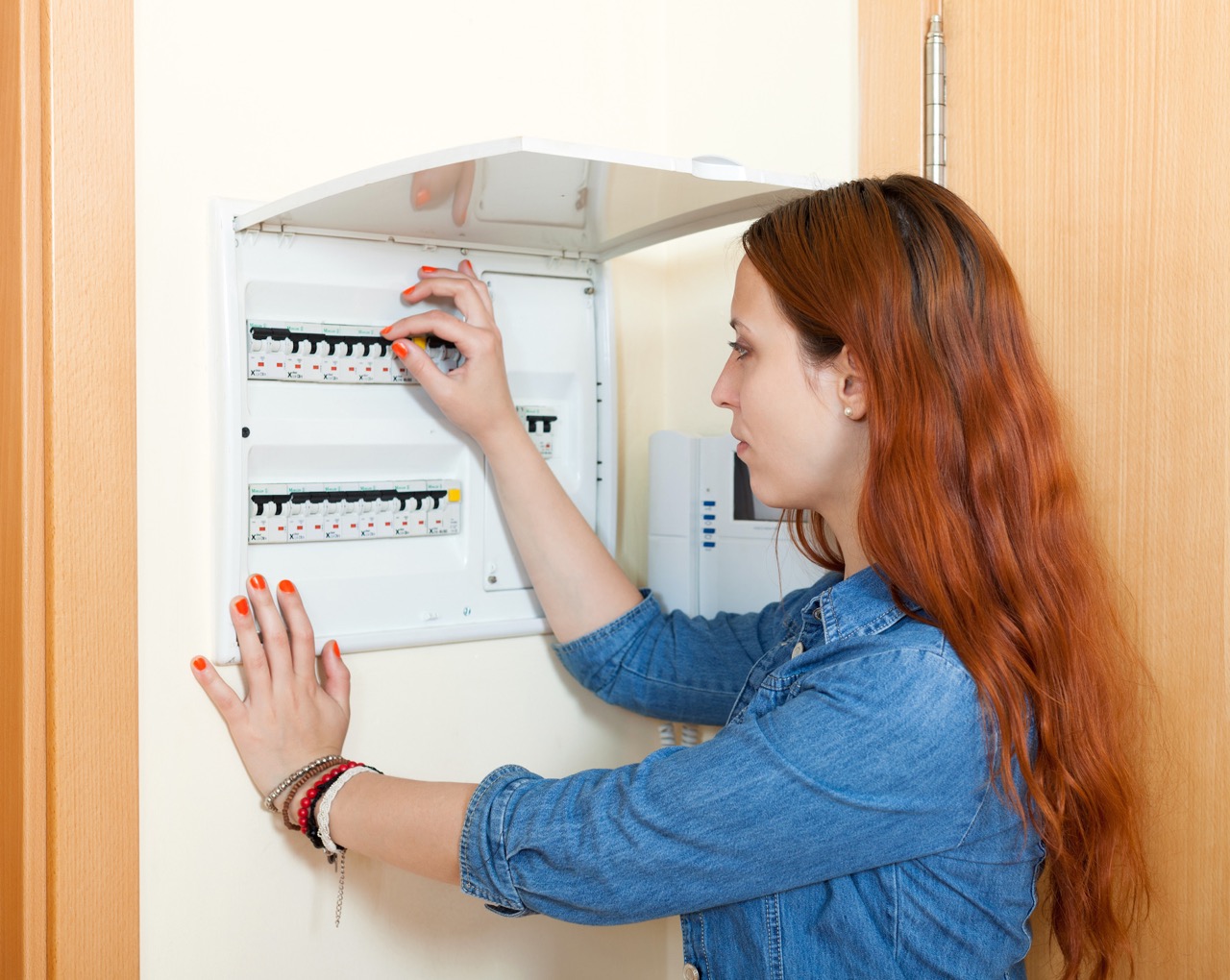


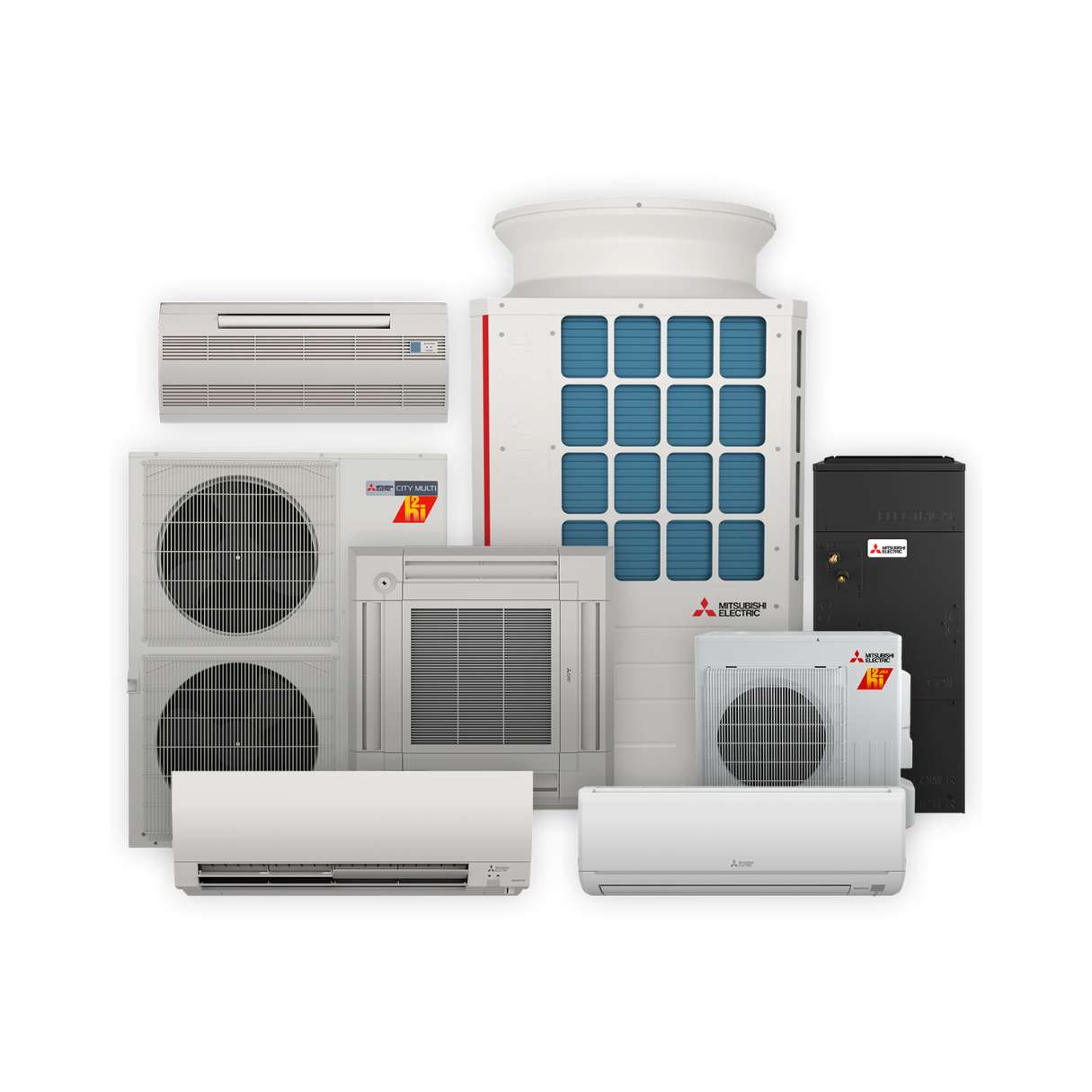

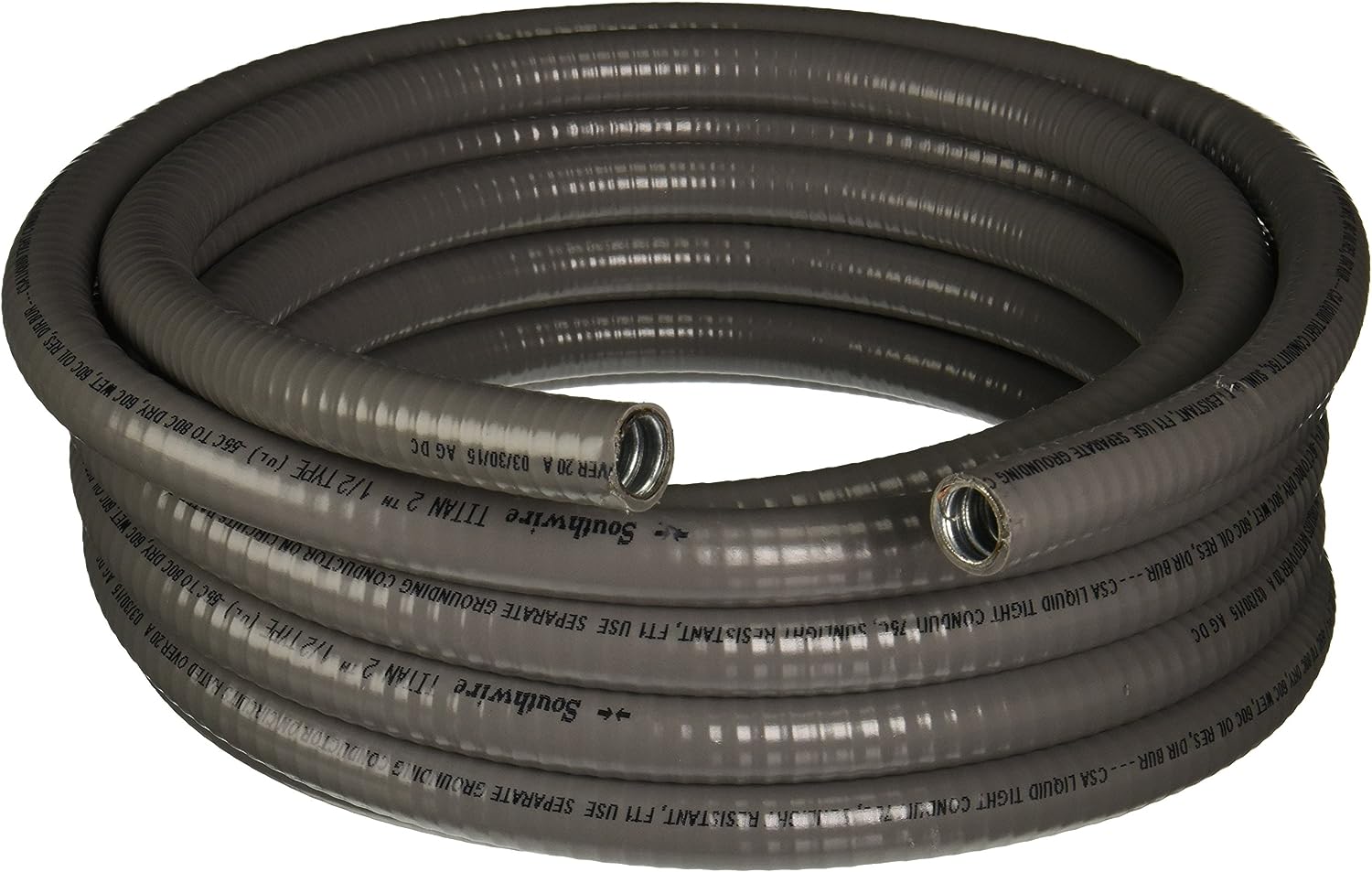

0 thoughts on “Understanding Your Home’s Electrical System: Safety Tips”